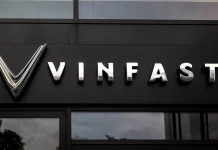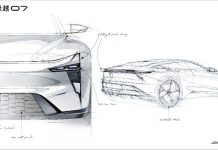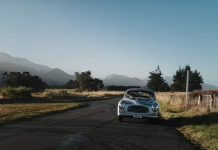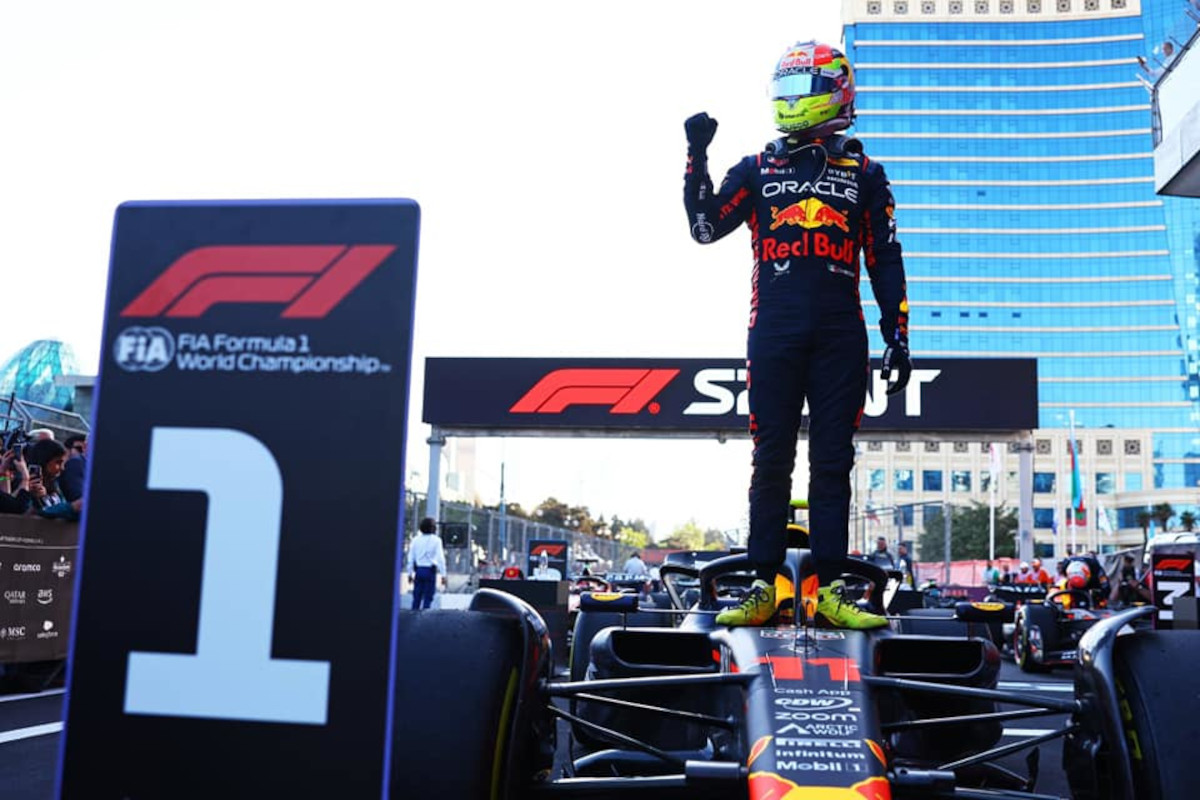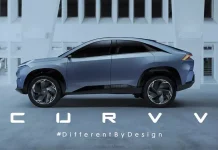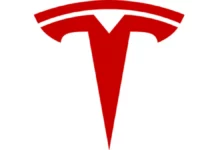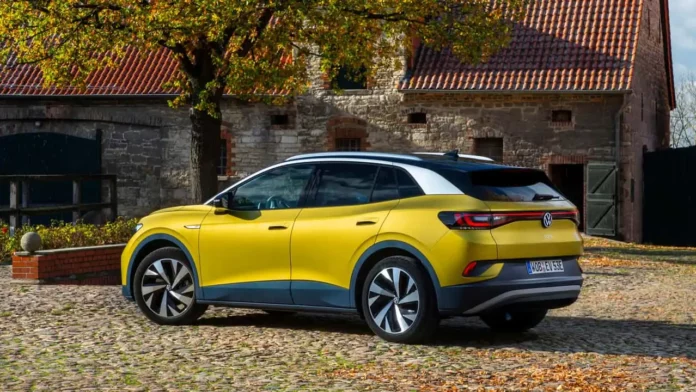Volkswagen Group’s
The Volkswagen Group is navigating a pivotal transition within the automotive industry as the world gradually shifts towards electric vehicles (EVs). This comes with its set of challenges, as evident from the current situation the company faces with its electric car demand.
Demand
Here are several strategic points the company might be considering or needs to address moving forward:
- Analysis of Demand Drop: The first step for Volkswagen should be a thorough analysis of why orders for their all-electric cars have decreased by such a significant margin. Understanding whether this is due to competition, market conditions, consumer preferences, or internal issues like production and supply chain challenges will be critical.
- Adaptation to Market Trends: Volkswagen needs to pay close attention to market trends, not just in terms of what competitors are offering but also in understanding the evolving expectations and buying patterns of consumers. They must ensure their electric vehicles meet these expectations in terms of range, affordability, performance, and technology integration.

Pricing
- Pricing Strategy Re-evaluation: While Volkswagen intends to maintain pricing to prioritize margins and profitability, it must be careful that this strategy doesn’t make it uncompetitive. Consumers, especially in a relatively new market like EVs, are price-sensitive and also drawn to innovation, which might tip their preference towards brands offering more competitive pricing or perceived technological advantages.
- Expanding the Product Portfolio: The mention of new models being developed in partnership with XPeng for the Chinese market is a positive move. Given the importance of the Chinese market as a growth driver for EVs, Volkswagen’s strategic partnership should aim to innovate and diversify the options available to consumers, tailoring vehicles to meet local tastes and preferences.
Profitability
- Strengthening the Supply Chain: Issues like semiconductor shortages have heavily impacted the automotive industry. Volkswagen needs to ensure that its supply chain is robust and diversified enough to withstand similar disruptions in the future, particularly as it pertains to batteries and other EV-specific components.
- Enhancing Brand Perception and Marketing: With the decrease in orders, Volkswagen should also look into how their electric vehicles are being perceived in the market. It might be necessary to invest in a stronger marketing campaign that highlights the unique selling points of their EVs, addresses consumer concerns, and positions Volkswagen as a leader in the electric transition.
Target
- Focus on Regulatory Compliance: With various governments imposing strict emission norms and deadlines for phasing out combustion engines, Volkswagen must strategize to not only meet these regulatory requirements but use them as leverage to champion their commitment to sustainability through their EV lineup.
Conclusion
The road ahead for Volkswagen is complex, requiring a balance between immediate countermeasures, strategic adjustments, and long-term innovation. The key lies in being adaptable and responsive to the market’s nuances while reaffirming their position as pioneers in the automotive industry’s electric future.
The Volkswagen Group’s current challenges in the electric vehicle market underline the complexities of transitioning from traditional automotive manufacturing to a focus on electric vehicles. This shift isn’t just about changing the type of vehicles produced; it involves a transformation in supply chains, consumer marketing, competitive strategy, and technological innovation.
The decrease in all-electric car orders poses a significant challenge, yet it also serves as a learning point for Volkswagen. It highlights the importance of agility in business strategy and responsiveness to market dynamics. The company’s decision to maintain its pricing strategy to prioritize profitability is understandable from a business standpoint, but this approach must be balanced with the need to stay competitive and attractive to potential buyers.
Moreover, Volkswagen’s strategic partnerships, especially in crucial markets like China, and its commitment to introducing new models, signal a proactive approach to addressing market demands. However, the full impact of these strategies will depend on execution and market reception.
Volkswagen’s journey reflects the broader challenges facing traditional automakers in this transformative era. Success will likely hinge on the ability to understand and adapt to consumer preferences, innovate continuously, stabilize and future-proof supply chains, and effectively communicate the brand’s value proposition. The company’s resolve to navigate these obstacles while forging ahead with its electric mobility goals will be a defining aspect of its resilience and future standing in the global automotive industry.
Volkswagen Group, Reuters, Automotive News Europe

